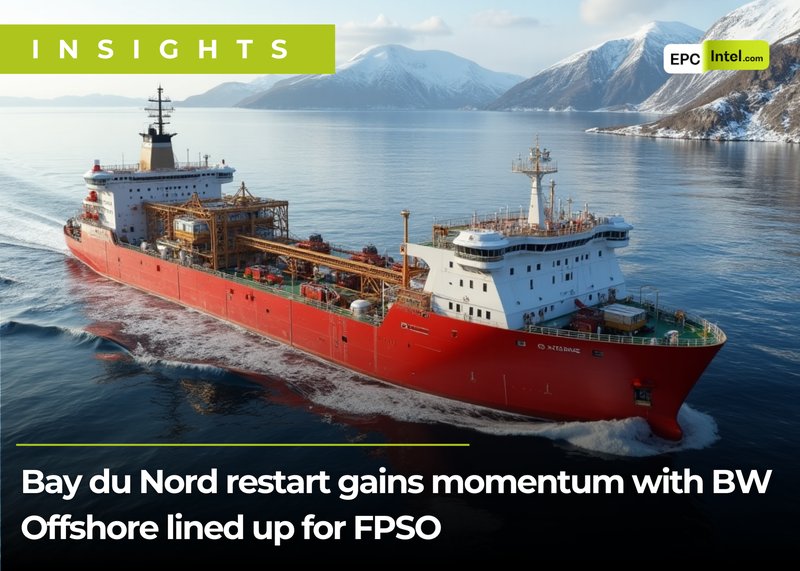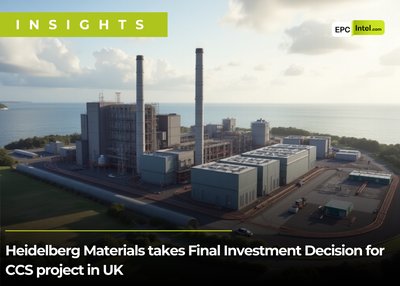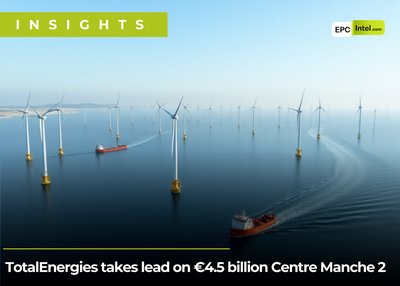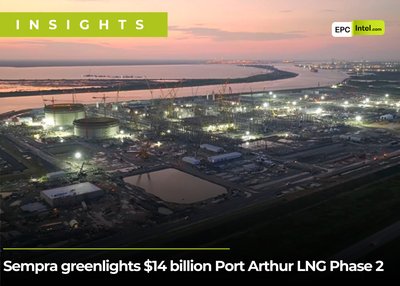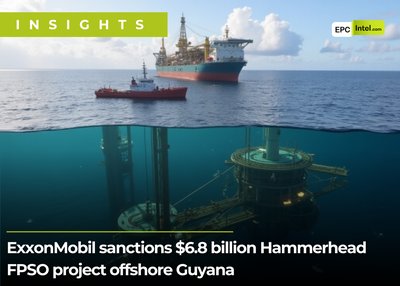Now the project appears to be moving forward again, with BW Offshore signing a Head of Agreement with Equinor for the supply of the project’s floating production, storage and offloading (FPSO) vessel. If finalized, the deal would put one of the world’s most experienced FPSO operators at the center of Canada’s first deepwater oil project.
A long road back to life
Bay du Nord was initially sanctioned in 2022, targeting recoverable reserves estimated at nearly 300 million barrels of oil. That figure has since grown, with Equinor and partner BP now pointing to over 400 million barrels of recoverable light crude in the initial phase and over 1 billion barrels overall. But the development quickly ran into headwinds. Global inflation, supply chain bottlenecks, and evolving Canadian environmental regulations forced Equinor to postpone the project in 2023, leaving stakeholders unsure whether it would ever return.
For Newfoundland and Labrador, the delay was painful. Offshore oil has long been a mainstay of the provincial economy, and Bay du Nord was expected to anchor a new chapter, extending the life of the industry while generating billions in royalties and jobs. The pause left suppliers frustrated and investors hesitant.
BW Offshore brings fresh momentum
The new Head of Agreement signals a genuine restart. BW Offshore, listed in Oslo, has built and operated more than a dozen FPSOs worldwide. Equinor’s choice reflects a desire to partner with an operator who can navigate the technical and financial challenges of building a large, harsh-environment unit.
The Bay du Nord FPSO will be designed for production capacity of up to 160,000 barrels per day and will feature a disconnectable turret system, extensive winterisation, and emission reduction technologies such as high-efficiency power generation, heat recovery, variable speed drives, and a closed flare system. It will also be designed for future tiebacks, ensuring long-term economic viability.
BW Offshore will establish a local office in Newfoundland during FEED, a sign of intent to create local value and engagement.
Challenges still ahead
Despite the renewed momentum, hurdles remain. Canadian environmental scrutiny is not going away, and Bay du Nord continues to face opposition from climate campaigners. Cost inflation and yard availability for FPSO construction remain global challenges. Key packages, including topsides modules, subsea systems, and power generation units, are subject to delivery bottlenecks.
Commercial negotiations must also be completed. BW Offshore and Equinor will now work through technical design and commercial terms, with a bridging phase running through 2025 before FEED begins in early 2026, subject to approvals.
EPCIntel contract value and timing breakdown
Industry estimates place Bay du Nord’s total cost in the USD 9–12 billion range. EPCIntel’s database of deepwater projects shows how that capital spend typically divides across packages, and when major awards are likely to be placed:
FPSO - USD 2.5–3.5 billion
Hull, topsides, turret, winterisation, integration, commissioning. BW Offshore has secured preferred bidder status now. The full EPC contract is expected to be awarded in late 2026 after FEED.
Subsea production systems & SURF - USD 2–3 billion
Umbilicals, risers, flowlines, subsea trees, manifolds, and installation. Subsea pre-FEED work will advance in 2025, with main contract awards in 2026–2027 to align with drilling and FPSO integration.
Drilling and wells - USD 2.5–3.5 billion
Multi-well campaign in deepwater with completions. Rig tenders could begin as early as 2026, with long-lead well services contracts awarded around 2027. Drilling activity will stretch into the early 2030s.
Export pipeline & onshore tie-ins - USD 1–1.3 billion
Offshore pipeline to shore and coastal facilities. FEED likely in 2026 with awards in 2027, ahead of FPSO arrival.
Subcontractor opportunities
This timeline means Canadian and international suppliers should prepare now. Early engagement could position companies for:
2025–2026: Engineering, design, and local studies; preparation for FEED.
2026–2027: Major EPC awards for FPSO, subsea, and pipelines; drilling contracts signed.
2028–2030: Peak fabrication, subsea installation, and pipeline construction.
2030 onward: Operations and maintenance opportunities worth USD 50–100 million annually.
Reasons for optimism
Despite the challenges, the restart carries a hopeful tone. Equinor and BP have kept Bay du Nord alive through years of uncertainty, underscoring their belief in its long-term value. BW Offshore’s entry provides credibility and technical know-how, while the project’s scale offers a once-in-a-generation boost to Newfoundland and Labrador’s offshore sector.
If Equinor and BW Offshore can finalize the FPSO deal and keep costs under control, Bay du Nord could finally join the ranks of producing deepwater basins worldwide in the early 2030s. For now, its survival and restart mark a significant victory in a global offshore landscape that is increasingly competitive for capital.
